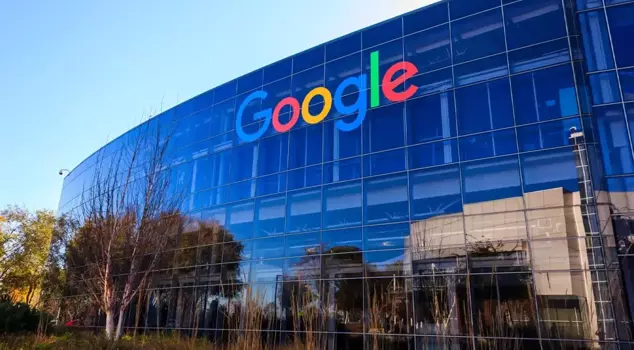
12.11.2024 11:51
Two search engines, Ecosia and Qwant, competing with Google, announced a partnership to create a search index in Europe and reduce their dependence on large American tech companies. The new search engine is reported to prioritize security and offer AI-supported services.
Two European internet search engine companies, Ecosia and Qwant, are joining forces against Google. The two companies have agreed on a joint venture called the European Search Perspective or EUSP, where ownership is shared 50-50 between the two firms. The initiative, which plans to launch in France in early 2025, will create a search engine that offers enhanced search results in French and German.
According to CNBC, the search engine company Ecosia is based in Berlin, while Qwant's headquarters is in Paris. Qwant is a privacy-focused search engine that promises not to track users or resell their personal data. Ecosia's search engine, on the other hand, focuses on sustainability and the environment. Ecosia also promises to plant a tree for every 50 searches on its platform.
Ecosia and Qwant state that the new search engine will also prioritize privacy and will utilize the Qwant technologies that were redesigned in 2023. Both companies will use their own search index, but the technology will also be made available to other independent search engines and technology companies.
GOOGLE DOMINATES THE MARKET
Currently, Google dominates more than 90% of the global search engine market. Even alternative search engines like Ecosia and Qwant have to rely on existing technologies and infrastructure from companies like Microsoft to provide search results. The high fees paid to access the infrastructure of large firms also influenced the decision of the two companies to merge and build a new search engine.
Ecosia CEO Christian Kroll told CNBC that the project is partly made possible by the new technology-focused competition rules in the European Union. In an interview last week before the launch, Kroll stated that Europeans are too dependent on the U.S. for technology. He also added that Donald Trump's election as U.S. president could escalate geopolitical tensions, which could be a problem for Europe's dependence on U.S. technology.
Qwant CEO Olivier Abecassis said, "We are European companies, and we need to build a technology that ensures that no decision made by third parties, such as increasing the costs of accessing Microsoft's search API, jeopardizes our business." The CEO added, "There is nothing against the U.S. or U.S. companies. It's all about the sovereignty of our business and our companies," and Abecassis will serve as the CEO of the new venture, which has not yet raised funds from external investors.
THE NEW SEARCH ENGINE WILL BE AI-POWERED
According to the companies, part of Ecosia and Qwant's efforts to create a search engine from scratch will also involve providing a transparent and secure data pool for new artificial intelligence technologies.
Kroll from Ecosia stated in an interview with CNBC that considering the shift to generative AI, search providers may become more restrictive in the future.
Kroll added, "They know they are sitting on a very important resource for this paradigm shift," and said, "Yes, you need large language models to have good chatbots. But you also need access to a good index."